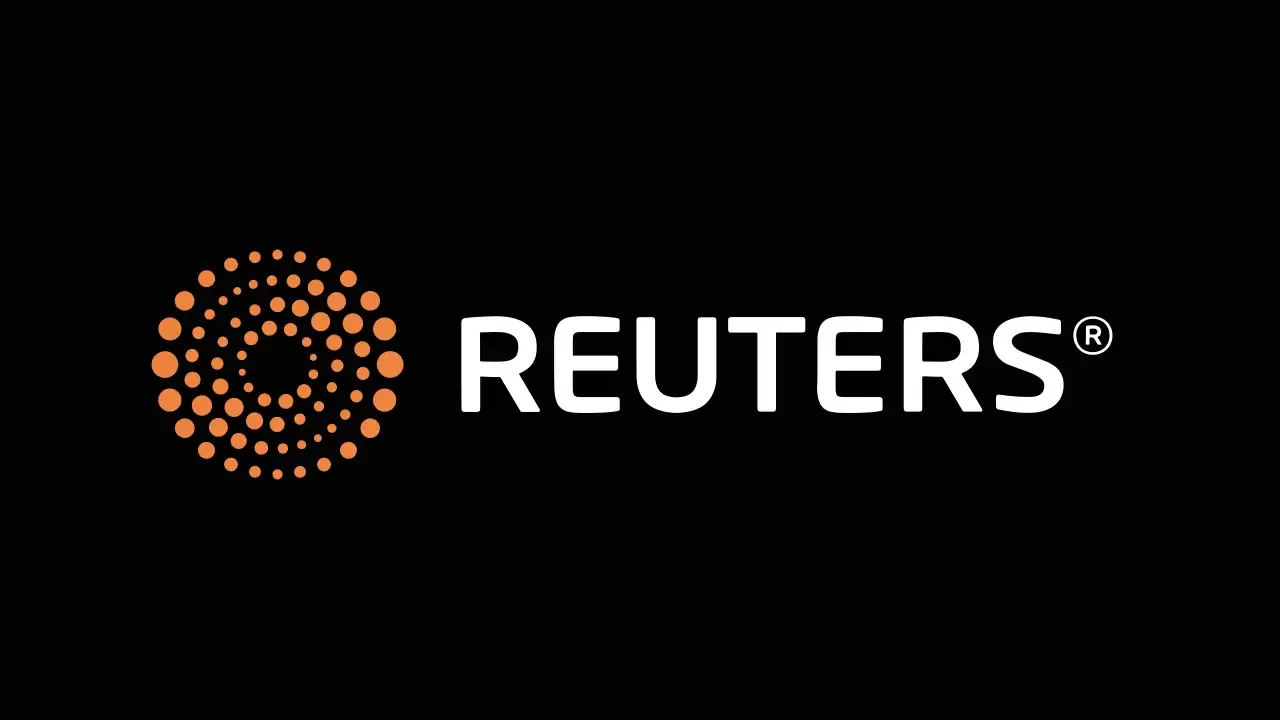Sept 22 (Reuters) - The S&P 500 and the Nasdaq were subdued on Monday after rallying to record highs in the previous session, while uncertainty around President Donald Trump's visa policies also dimmed sentiment.
The Trump administration said on Friday it would ask companies to pay $100,000 per year for H-1B working visas, prompting some big tech companies and banks to warn employees to stay in the U.S. or quickly return.
Tech companies, including Microsoft (MSFT.O), and Amazon.com (AMZN.O), slipped, as they are heavily reliant on skilled workers from India and China. Microsoft weighed on the blue-chip Dow.
Companies such as Cognizant Technology Solutions (CTSH.O), opens new tab, Intel (INTC.O), and JPMorgan (JPM.N), opens new tab, which rank among the biggest sponsors of H-1B visas, pared most of their premarket declines.
"The fees and the recent visa-related news flow point to an environment that's getting incrementally stringent and could hurt the sentiment," Tien-tsin Huang, J.P. Morgan equity analyst, said in a note.
However, Apple (AAPL.O), gained 2.4% after Wedbush raised its target price on the company on strong demand signs for the iPhone 17.
Tesla (TSLA.O), and Apple both hit over an eight-month high, with gains boosting the S&P 500 technology (.SPLRCT), and consumer discretionary (.SPLRCD), sectors. They also lifted the Nasdaq to a record high.
At 10:08 a.m. ET, the Dow Jones Industrial Average (.DJI), fell 95.73 points, or 0.21%, to 46,219.54, the S&P 500 (.SPX), lost 1.46 points, or 0.02%, to 6,662.90 and the Nasdaq Composite (.IXIC), gained 25.27 points, or 0.11%, to 22,656.75.
The Federal Reserve's indications of more interest rate cuts after its first in 2025 last week added to Wall Street's recent rally, with the S&P 500 and the Nasdaq logging their third consecutive week of gains.
Traders work on the floor of the NYSE in New York
Traders work on the floor at the New York Stock Exchange (NYSE) in New York City, U.S., September 17, 2025. REUTERS/Brendan McDermid/File Photo Purchase Licensing Rights, opens new tab
Wall Street's three main indexes are in positive territory so far in September - a month deemed historically bad for U.S. equities - where the S&P 500 has shed 1.4% on average in the month since 2000, according to data compiled by LSEG.
Numerous datasets are scheduled for release this week, including that for personal consumption expenditure - the Fed's preferred gauge of inflation - and gross domestic product.
Newly appointed Fed Governor Stephen Miran is set to speak later in the day.
Kenvue (KVUE.N), fell 5.9% to the bottom of the S&P 500, ahead of the Trump administration's announcement about its autism findings. A report earlier this month said that the administration planned to announce that use of Kenvue's pain medication, Tylenol, by pregnant women is potentially linked to autism
Pfizer (PFE.N), said it would acquire weight-loss drug developer Metsera (MTSR.O), in a deal valued up to $7.3 billion. Shares of Pfizer rose 3.1%, while Metsera soared 62%.
Compass (COMP.N), fell 8.2% after the brokerage firm entered an agreement to acquire rival Anywhere Real Estate (HOUS.N), in an all-stock deal valued at $4.2 billion. Anywhere's shares were up 58%.
Fox Corp (FOXA.O), gained 2.6% after a report said the media company's top boss was eyeing a stake in TikTok.
Declining issues outnumbered advancers by a 1.45-to-1 ratio on the NYSE and by a 1.07-to-1 ratio on the Nasdaq.
The S&P 500 posted nine new 52-week highs and 13 new lows, while the Nasdaq Composite recorded 84 new highs and 33 new lows.
Reporting by Purvi Agarwal, Sukriti Gupta and Niket Nishant in Bengaluru; Editing by Maju Samuel
